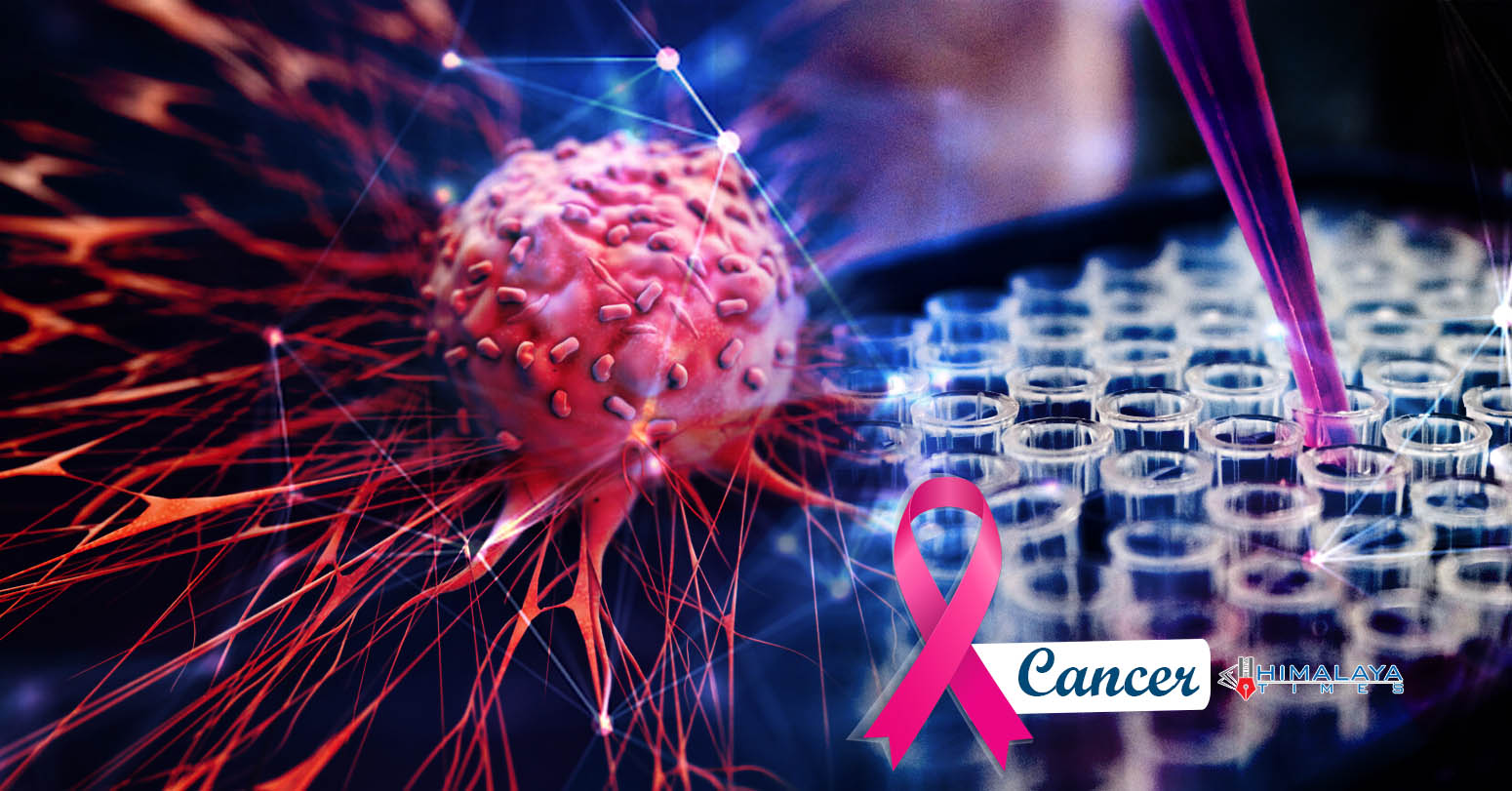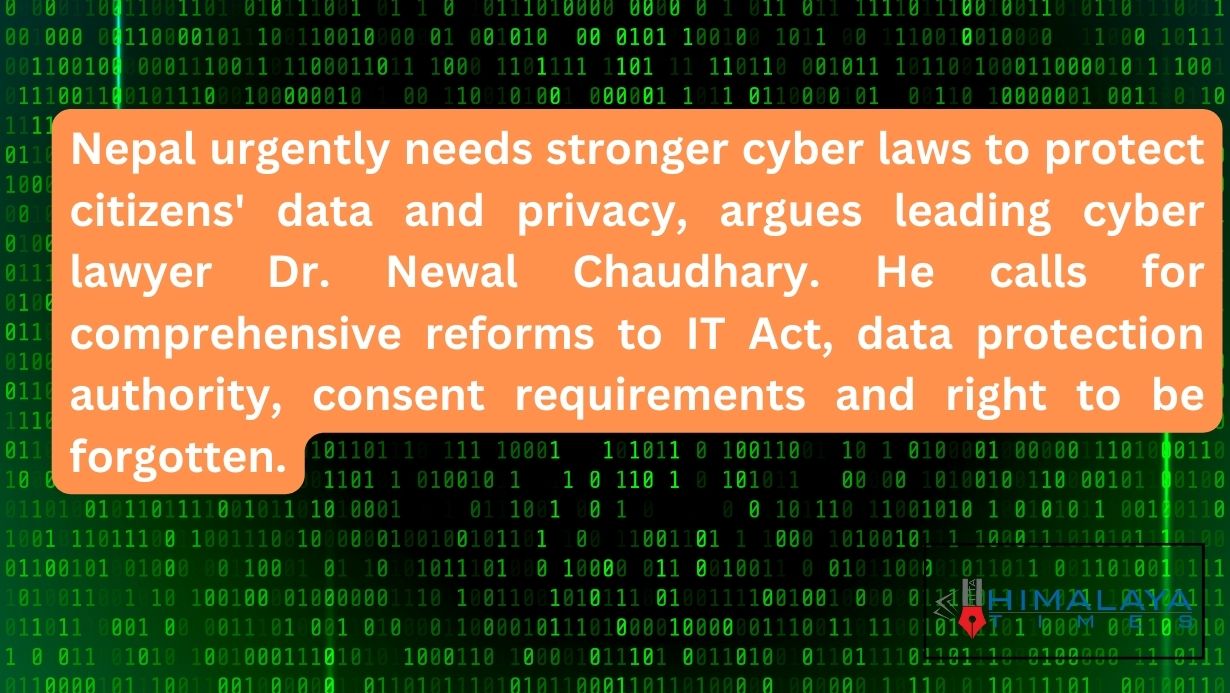
The emergence of advanced artificial intelligence (AI) technologies is having a profound impact on many areas of law, including cyber law and criminal law. As AI systems become more sophisticated and autonomous, new legal issues are arising that challenge existing legal frameworks. This article examines some of the key ways that AI is affecting cyber law and criminal law, and how governments and legal experts are responding to these technological developments. Cyber law encompasses legal issues related to the internet and cyberspace. As AI is increasingly integrated into consumer technologies and online platforms, it is raising novel cyber law questions around topics such as data privacy, security, intellectual property and liability.
Privacy and Data Protection:
The ability of AI systems to collect, analyze and exploit large datasets raises significant privacy concerns. AI can enable more powerful tracking of online user activities as well as new forms of surveillance through biometrics and emotion detection. Developments in AI also allow for large-scale profiling of individuals and micro-targeting based on analysis of their digital footprints. Data protection laws seek to give internet users more control over their personal data. The Book “The Art of Cyber Law & Cyber Crimes” Written by Asst. Prof and Supreme Court Advocate Dr.Newal Chaudhary has clearly established the Concept on AI and its Privacy threat in real world. The European Union's General Data Protection Regulation (GDPR) provides a comprehensive framework giving users consent and transparency rights regarding automated processing of their information. Interpreting GDPR principles in the context of AI is an evolving challenge for regulators. Questions include how to assign accountability when an AI makes an autonomous decision affecting user privacy.
Intellectual Property
The law also needs to adapt to AI's growing role in creative pursuits like software development, music composition and art generation. Current intellectual property laws centered on copyright and patents don't fit neatly when AI rather than a person produces innovative work. This complicates questions around assigning ownership of AI output and could necessitate special IP protections for AI systems.
Cybersecurity:
AI adds new dimensions to cybersecurity challenges facing individuals, companies and governments. On one hand, AI promises to bolster defenses against sophisticated cyberattacks through pattern recognition and rapid response capabilities surpassing human analysts. But adversaries can also weaponized AI to launch cyber offensives for fraud, information warfare and infrastructure disruption exceeding human capabilities. AI's offensive cyber capabilities raise geopolitical tensions between nations rushing to dominate this strategic technology. Diplomatic initiatives are needed to avoid unchecked AI cyber arms races and establish global norms. Meanwhile, the cyber law field faces pressure to adapt regulations to constrain unethical AI hacking absent clearly defined rules of the road. One of the thorniest legal predicaments raised by AI is liability attribution when the autonomous systems cause harm. If an AI medical diagnostic tool provides faulty treatment recommendations or a self-driving car causes an accident, legal responsibility gets murky. Laws originally written without AI in mind will likely need revisions to ensure accountability as autonomous systems take on more critical tasks.
AI and Criminal Law:
Beyond cyber law, AI has major ramifications for criminal law and justice processes. The criminal justice system may increasingly interact with AI as a tool, victim and perpetrator. AI's shifting role raises important questions about the human role in justice administration amidst automation. Criminal justice institutions are deploying AI for public safety goals like predictive policing. Machine learning algorithms analyze crime data to guide officer patrols toward high-risk areas. However, such algorithmic systems risk perpetuating biased enforcement patterns if trained on historically skewed policing datasets. Careful oversight is required to ensure predictive programs align with ethics and Constitutional principles. Courts are also harnessing AI capabilities to assist human judges with tasks like legal document review. But automating elements of the judiciary generates transparency and accountability dilemmas. Defendants may struggle to challenge an AI's reasoning if its judgement relies on inscrutable neural networks. Judges thus far remain cautious about over-delegating decisions to black box systems.
An emerging cyber law issue is clarifying if and when AI systems deserve legal protections against criminal exploitation. For instance, autonomous vehicles or intelligent home assistants could require safeguards against hacking, privacy violations or manipulation by ill-intentioned humans. Extending victim status to AIs could incentivize developing systems resilient to harms compromising their function or users' interests. However, rigorous debate is required on appropriate boundaries for AI victimhood claims under the law. Finally, the most ethically fraught possibility is an AI itself committing or abetting crimes. The spread of AI capabilities outside big tech companies into the open source community makes harmful applications more likely. While no AI today exhibits full autonomy, researchers warn future systems could become inscrutable black boxes once unleashed into complex real-world environments. International agreements may be needed to ban development of unrestricted AI. But limiting research carries risks of ceding advantages to less scrupulous nations. Domestic regulations can also establish restrictions and liability around AI "programming negligently" or "reasoning inadequately" in ways enabling criminal acts. But laws aimed narrowly at AI criminality should avoid impeding innovation of beneficial autonomous systems. Governing the impacts of AI on law poses institutional design challenges. Fragmented governance across agencies risks disjointed oversight and regulatory gaps. Establishing centralized bodies to coordinate AI policy is one model, as seen in the EU's proposals for European AI boards. But concentrating control could also bottleneck innovation. An alternative is developing networks for AI governance that link academia, industry, government and civil society. Distributed nodes applying specialized expertise could fluidly address AI challenges across domains like technical standards, risk assessment, ethics, education and labor impact. Constructive technology industry participation will be critical for credible governance networks operating across the private sector.
Rapid evolution in AI capabilities will demand ongoing reassessment of laws to keep protections aligned with emerging risks. But new regulations also face pressure to avoid impeding AI innovation and competitiveness. Navigating these tradeoffs will require nuance and consultation between technology leaders and policymakers. Cyber laws and criminal laws anchored in 20th century realities are ill-equipped for AI proliferation in the decades ahead. But updating these frameworks also creates opportunities to align new rules with our highest human values. Law in the age of AI should ultimately seek to maximize flourishing for all of humanity consistent with universal principles like justice, autonomy and human rights. Achieving this vision will be the work of generations. Artificial intelligence represents a sweeping technological change affecting many facets of society. The legal system in areas like cyber law and criminal law is being profoundly shaped by AI capabilities and constraints. Adaptive governance and updated regulations will be needed to ensure safety, accountability and ethics as autonomous systems take on greater societal roles. But if stewarded responsibly, AI also carries immense potential to improve human lives and increase inclusion. Cyber law and criminal law reforms will be central to reconciling AI's opportunities and risks as this transformative technology continues permeating our digital and physical worlds.
We are not just rational beings. Our emotions play a powerful role in our decisions and behavior.











Comprehensive Data Protection Law Critically
Gender Differences In Mental Healthcare
Messi Wins Best FIFA Men’s
Erosion of Democracy
Fly Dubai Catches Fire in
“Complexities of the South Asian